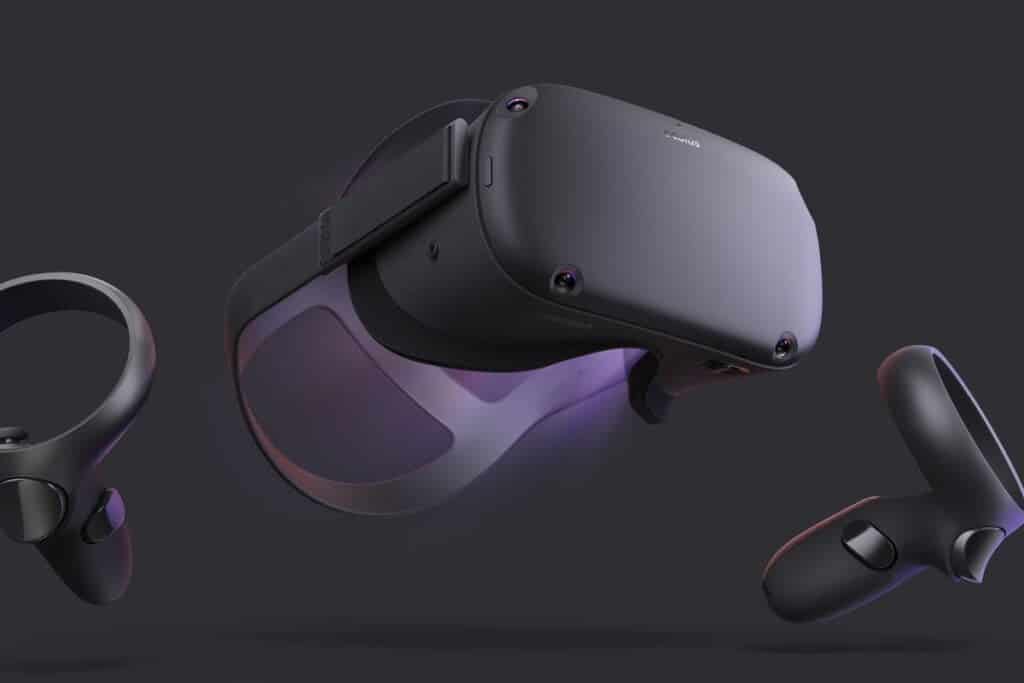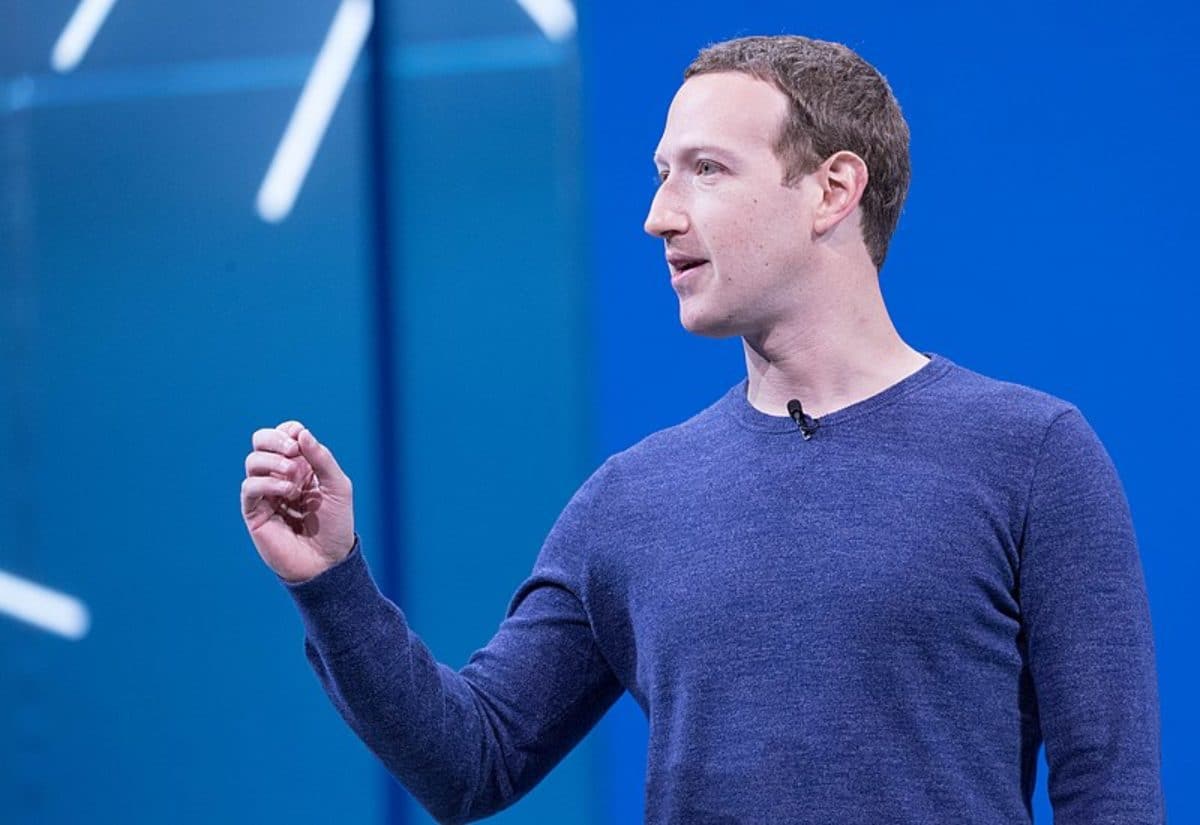Mark Zuckerberg recently said that Facebook “will go from being a social media company to being a metaverse company.” What does that mean, in a nutshell?
The metaverse doesn't have a specific definition, but the venture capitalist does Matthew ball he defined its boundaries well. The metaverse is a persistent, synchronous space that spans both the digital and physical worlds. It offers “unprecedented interoperability” and contains a fully functioning economy.
To use Zuckerberg's own words, it is a sort of "internet incarnate".
Facebook as a metaverse, Zuckerberg's vision
In Mark Zuckerberg's predictions, the metaverse will allow us to be involved in technology in a more natural way.
We have these phones. They are relatively small. Most of the time we spend, we mediate our lives and our communication through these little glowing rectangles. I think that's not quite how people are made to interact. Technology should emulate a certain shared sense of common space.
Mark Zuckerberg, CEO of Facebook
It is not Zuckerberg's first comment that goes in this direction. Previously the creator of Facebook had already theorized that humans should “teleport, not transport” through virtual and mixed reality environments. This could happen across a number of devices, and Zuckerberg believes VR, AR (augmented or mixed reality), PCs, mobile devices, and game consoles should all share a single ecosystem.
“I think it will probably look like some sort of hybrid of the social platforms we see today, only we'll 'live' in it,” Zuckerberg says. One of the advantages of this ecosystem would be that “individual experiences could be much closer to physical ones”.

One obstacle: the digital divide
Zuckerberg did not address this problem. And it's a big problem: although technology has been dramatically democratized over the years, there is still a substantial digital divide between people and access to increasingly advanced online services.
Facebook has invested in virtual and augmented reality, particularly through its Oculus Quest headset, and it is an important opportunity. “Mobile phones were born at the same time as Facebook, so we failed to play a major role in shaping their development,” Zuckerberg says. An elegant way not to remember the sensational fiasco of the Facebook Phone. On the other hand, today smartphones are about to become a minefield for the Menlo Park house, with Apple having blocked advertising tracking on iPhones, putting Facebook's huge profits at risk.

So with what will we enter this "metaverse"?
Current virtual reality headsets are “clunky,” but Zuckerberg predicts we will eventually have “normal-looking glasses.” Build an entire computer capable of “sensing and mapping the world” in a frame of glasses five millimeters thick? An enormous challenge, of course: but at the beginning even the radios were as big as wardrobes.
Aside from technological developments, one problem to be addressed is the regulation of the metaverse. The oversight of these things is an issue that has haunted (and haunted) Facebook for years.
A Zuckerberg everywhere
“A good vision for the metaverse is not one that builds a specific company, but the sense of interoperability and portability,” Zuckerberg says. Adding that to define how experiences will be built, protocols such as those for the Internet standards of the World Wide Web Consortium (W3C) are needed.
“The software we create, to allow people to work or go out and build these different worlds, will go over anything. Other companies will also build VR or AR platforms, but our software will be everywhere. Just like Facebook or Instagram is today ”.


